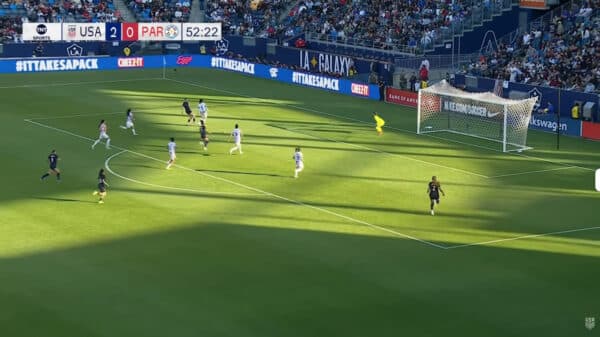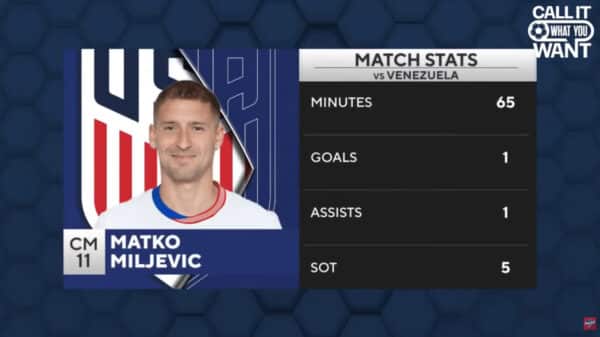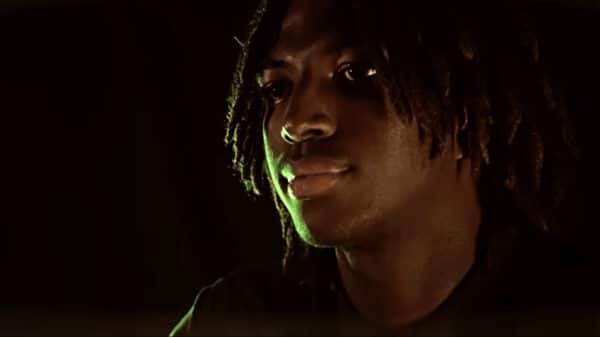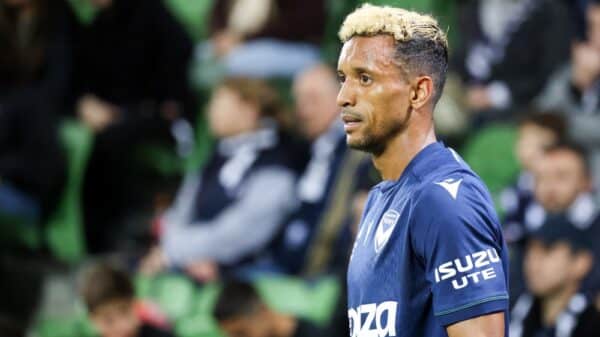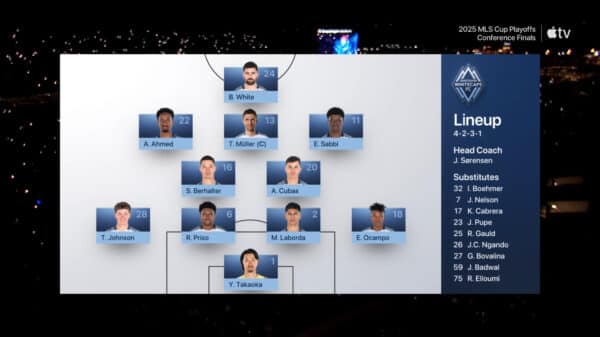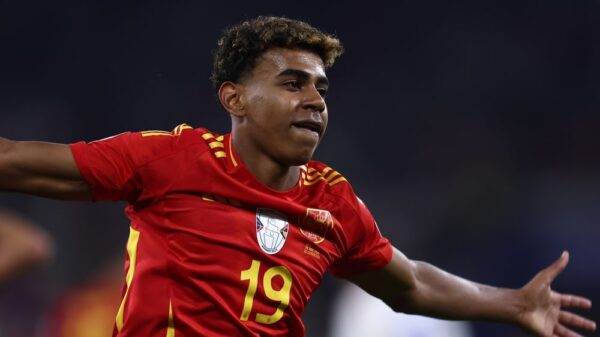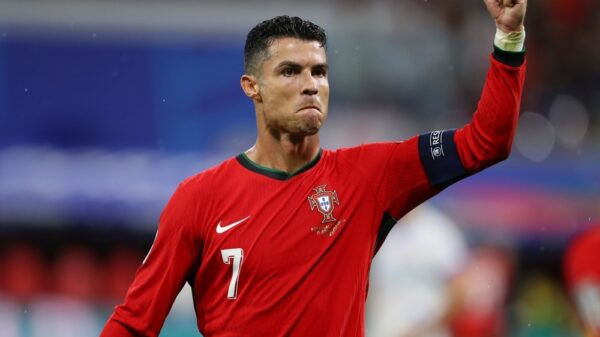LONDON — In the 28th minute, a crucial moment unfolded during a corner kick as goalkeeper Guglielmo Vicario fell to the ground, seemingly injured. Many spectators speculated whether this was a strategic ploy to buy time for Tottenham Hotspur, as he showed no further signs of distress. Manager Thomas Frank quickly called a huddle with all 10 outfield players, laying out vital instructions for the impending set play. This scene encapsulated the essence of the 2025-26 season for Spurs.
There was an unmistakable urgency surrounding that corner. The match highlighted a troubling realization: if Tottenham could not capitalize on a set piece, chances for success would be limited. Just moments later, a powerful run from Moises Caicedo split the Spurs defense and led to Joao Pedro scoring the opener for Chelsea, a daunting signal for the home team. Spurs’ counterattacks turned into a succession of backward passes, while Chelsea exploited goal kicks as opportunities for pressing. The tactical creativity that once defined Spurs seemed to have vanished into a defensive shell.
Frank inherited a squad that had conceded a staggering 65 goals the previous season. It was clear that changes were essential; the team needed to stabilize its defense before pursuing a more ambitious game plan. Early results showed promise. Before this match, Tottenham had effectively utilized set pieces, ranking among the Premier League’s best alongside Arsenal. Despite the defensive improvements, the inability to score against Chelsea kept Spurs firmly in the third position on the league table. However, a significant drop in expected goals indicates that maintaining a Champions League spot may soon become a challenge.
It may be necessary for Frank to reassess his approach, given the team’s struggles to transition from defense to offense. His starting XI suggested a focus on physical play, yet the ability to advance the ball into Chelsea’s territory was sorely lacking. The early substitution of Lucas Bergvall, who seemed rattled after a concussion, did little to energize the squad. Xavi Simons entered the game but appeared too delicate for the demands of the Premier League, struggling to adapt in crucial moments.
Most of Spurs’ offensive efforts relied heavily on Randal Kolo Muani, who faced difficult battles but often ended up passing the ball to teammates positioned too far away. Mohammed Kudus, when given the ball, sought to create opportunities on his own but was frequently thwarted by Chelsea’s Marc Cucurella. Ironically, Kudus’ relentless pursuit seemed to be Spurs’ only route to a breakthrough, as he was the sole player to record all three of the team’s shots on goal.
Compounding these challenges was the inconsistent play from Tottenham’s defense. Many goal kicks resulted in a center back passing the ball back to Vicario, only for him to return it, inviting pressure from Chelsea’s forwards. This repetitive cycle often ended with a hasty clearance upfield. The midfield duo of Joao Palhinha and Rodrigo Bentancur frequently found themselves bypassed, as any attempt to play through the middle usually resulted in the ball being played sideways or backward.
The discontent from the home crowd was palpable. In one of their final chances, Vicario launched a free kick that quickly found its way back deep into their own half, exposing Spurs’ lack of coherence. Despite Robert Sanchez performing admirably in goal for Chelsea, the Spurs’ attack failed to create significant threats.
The final statistic showing an expected goals total of just 0.1 was disheartening. The audible disappointment from fans as the final whistle blew pointed to a precarious position for Frank, who will eventually face mounting pressure if performances do not improve. While he earned acclaim for developing effective game plans with Brentford, the expectations at Tottenham are much higher. When down at home against a rival, the crowd anticipates an aggressive response and a willingness to attack.
As Tottenham navigates this transitional period, they must focus on finding a balance between defensive stability and offensive creativity. The consequences of neglecting one for the other could lead to greater frustrations and challenges ahead.

